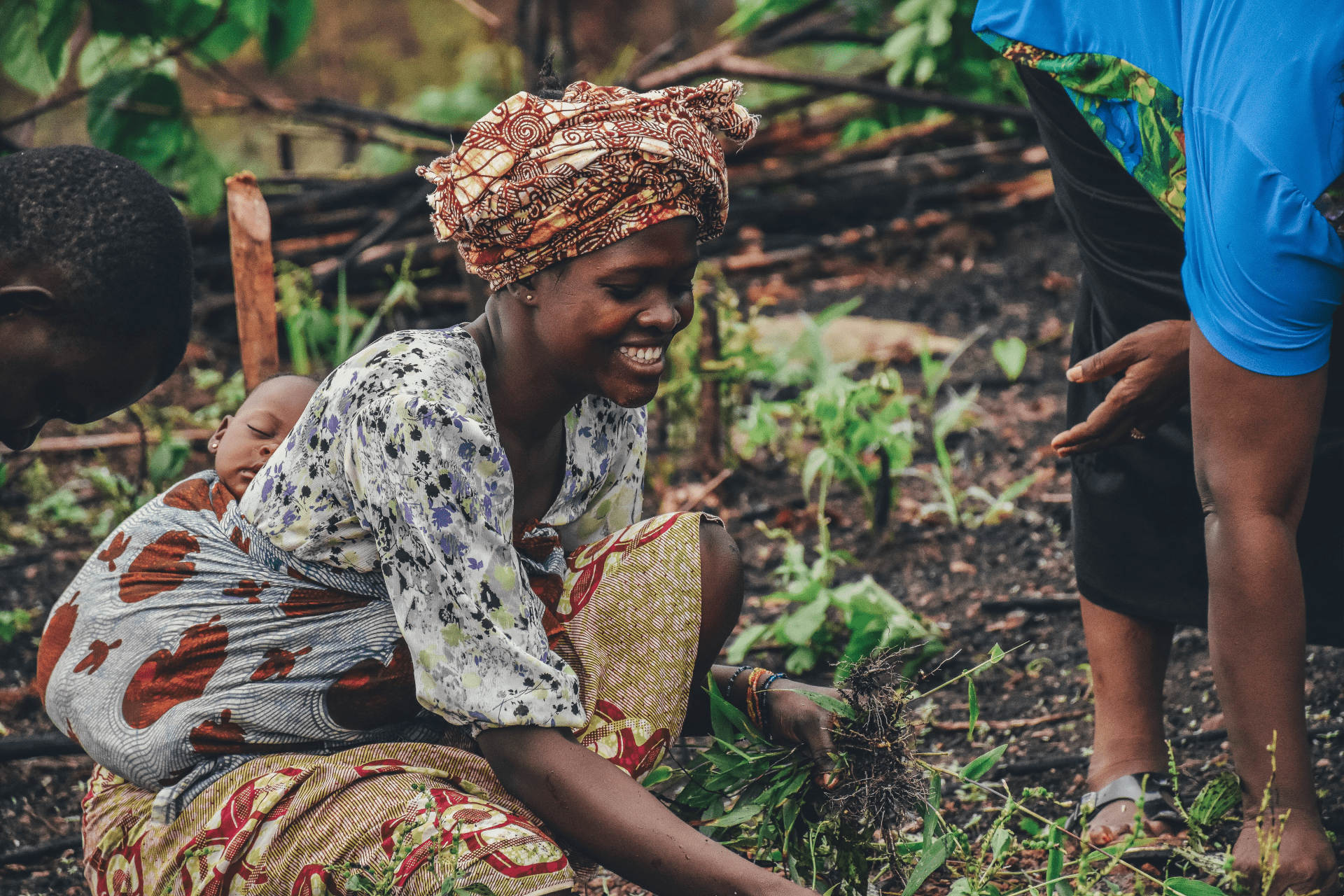WEBINAR: Development corridors in Africa: whose voices count?
THURSDAY 12 AUGUST 2021 from 13:00 – 14:00 SAST/CAT
PLAAS invites you to a webinar titled ‘Development corridors in Africa: whose voices count?’
The speakers include:
- Emmanuel Sulle, Institute for Poverty, Land and Agrarian Studies (PLAAS) at the University of the Western Cape
- Francine Picard, International Institute for Sustainable Development (IISD)
- Anselme Voduunhessi, African Union Commission
- Abel Arnaldo Sainda – Director, Associação Moçambicana Para o Desenvolvimento Rural Sustentável (AMDER)
The webinar will be moderated by Professor Ruth Hall from the Institute for Poverty, Land and Agrarian Studies (PLAAS) at the University of the Western Cape.
Rural Africa is changing, and governments and development agencies have made a concerted effort to channel changes within regions designated as ‘development corridors’. These come after years of under-investment and often take the form of public-private partnerships. But whose interests shape the creation of these corridors, and how are smallholder farmers involved? What are governments doing to entice investors, what is happening in these corridors, and are they leading to new dynamism in these rural economies? And what the outcomes for women’s empowerment, for rural poverty, for climate resilience, and food and nutrition security?
In 2014, African heads of state committed to eradicating hunger and rural poverty through a transformation of African agriculture – adopting a “growth pole” and “growth corridor” strategy. With financial and technical support from regional and multilateral organisations, they aimed to spur a shift from subsistence to commercial agriculture, attract agro-industrial investments into specific locations, and boost rural non-farm economies.
Corridors do, though, present serious risks for local communities and governments, where they takes the form of land deals, or where investments sideline local people and enterprises.
Eight initiatives were studied:
- Lamu Port–South Sudan–Ethiopia Transport Corridor in Kenya
- Southern Agricultural Growth Corridor of Tanzania
- Nacala Corridor in Mozambique and Malawi
- Beira Agricultural Growth Corridor in Mozambique and Zambia
- Lagos–Kano–Jibiya Agricultural Growth Corridor in Nigeria
- Bagré Growth Pole in Burkina Faso
- Lobito Corridor from Angola to Democratic Republic of Congo and Zambia
- Walvis Bay–Ndola–Lubumbashi Development Corridor in Namibia, Zambia and Democratic Republic of Congo.
Despite claims that these corridors will support “inclusive” agribusiness, evidence from eight initiatives across Africa shows that smallholder farmers and other ordinary rural people typically have few opportunities to participate and shape such projects.
This webinar aims to explore ways in which agricultural corridors can be repositioned to ensure they meaningfully and beneficially engage small-scale economic actors, especially smallholders, pastoralists, and women.
The webinar will explore the following questions:
- To what degree do these agricultural growth poles and corridors build inclusive local economies and smallholder-based value chains?
- What needs to be done to strengthen accountability, participation and the voices of smallholders?
- What are the preconditions for is the enabling environment to ensure responsible agricultural growth poles and corridors?
- What are the outcomes – for women’s empowerment, rural poverty, resilience to climate impacts, and food security and nutrition security?
Tune in on Thursday 12 August 2021 at:
- 13:00 South African Standard Time (SAST)/Central African Time (CAT)
- 12:00 West African Time (WAT)
- 11:00 Greenwich Meridian Time (GMT) (Ghana)
- 14:00 East African Time (EAT) (Tanzania)
Watch the webinar here: https://www.youtube.com/watch?v=m9DavjNzzSc Or scroll down to view it.
This webinar is hosted by PLAAS in partnership with:
International Institute for Sustainable Development, African Union, Network of Excellence on Land Governance in Africam the Future Agricultures Consortium and Kaleidoscopio
Follow the debate on social media on #Africancorridors, tag @PLAASuwc.


